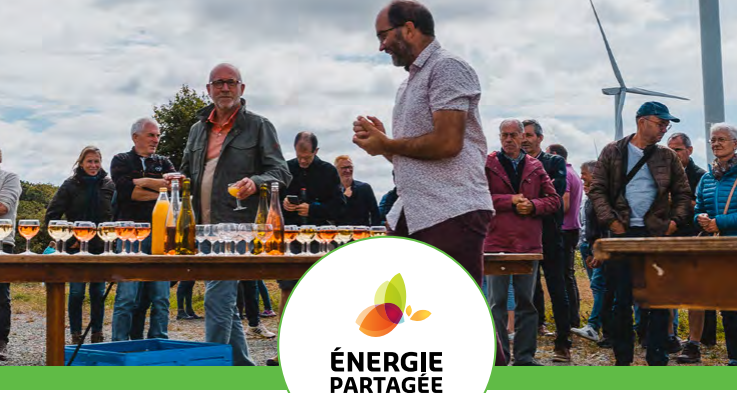New study by French organisation Energie Partagée analyses the social impact of community energy projects.
In addition to the production of clean, local electricity and heat and the higher local economic benefits compared to commercial RES projects, community energy projects generate other personal and collective benefits. Energy communities can also be:
- A training and conversion centre for energy transition jobs.
- A way to enlarge one’s network and strengthen one’s knowledge of the territory.
- A strong vector for citizen involvement in energy and environmental policies.
- New and fruitful cooperation between citizens and local authorities.
- An opportunity to experiment with a different way of working together.
- An effective way to understand the challenges of the energy transition and to take action to reduce energy consumption.
- A way to fight the climate emergency.
Locally committed volunteers are the main direct beneficiaries of community energy, followed by shareholders in local projects and finally shareholders in national or regional intermediation structures. However, the latter also benefit from such projects by gaining a better understanding of the challenges of the energy transition. They also feel more concerned by energy and environmental policies and are pushed to take energy sufficiency actions.
